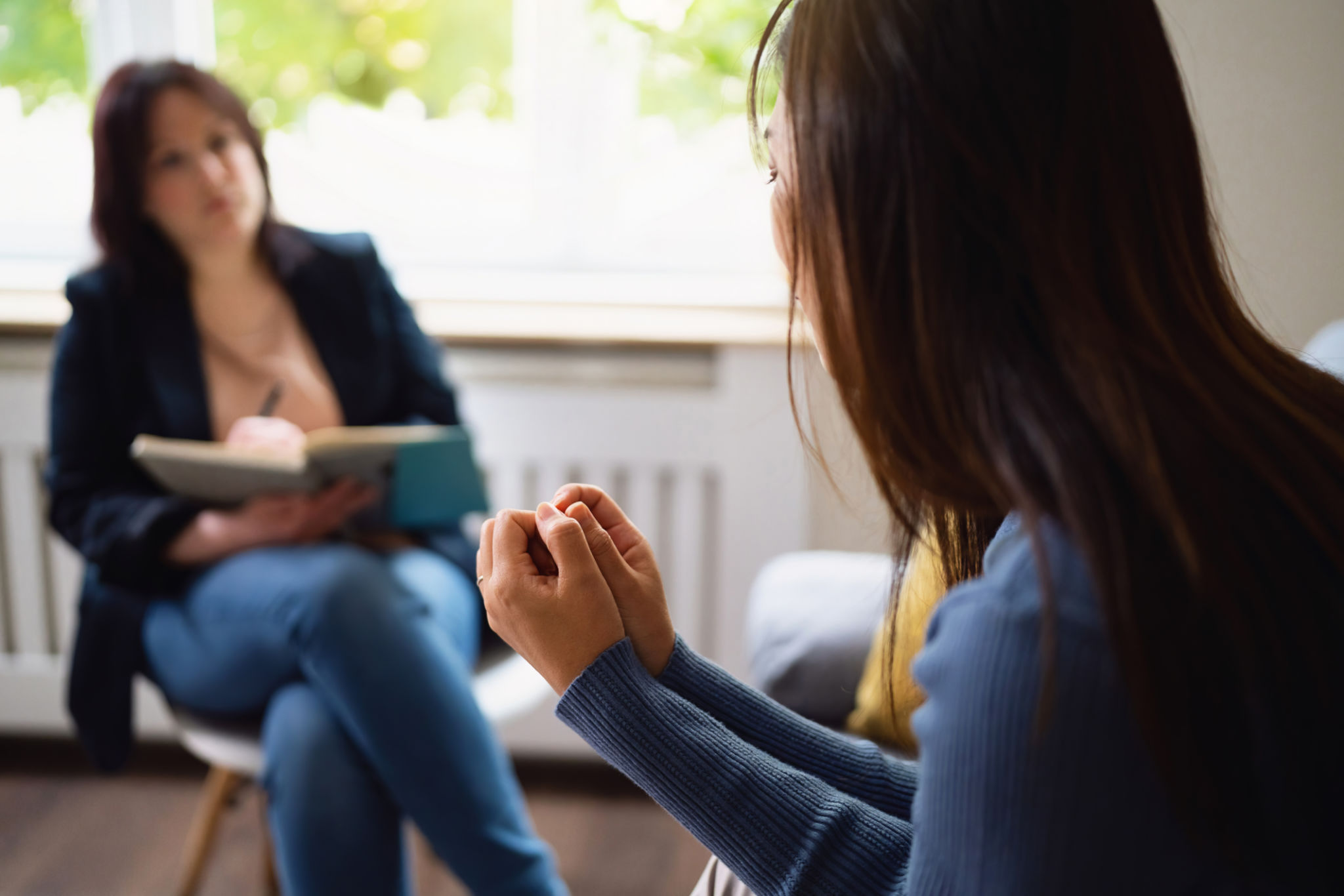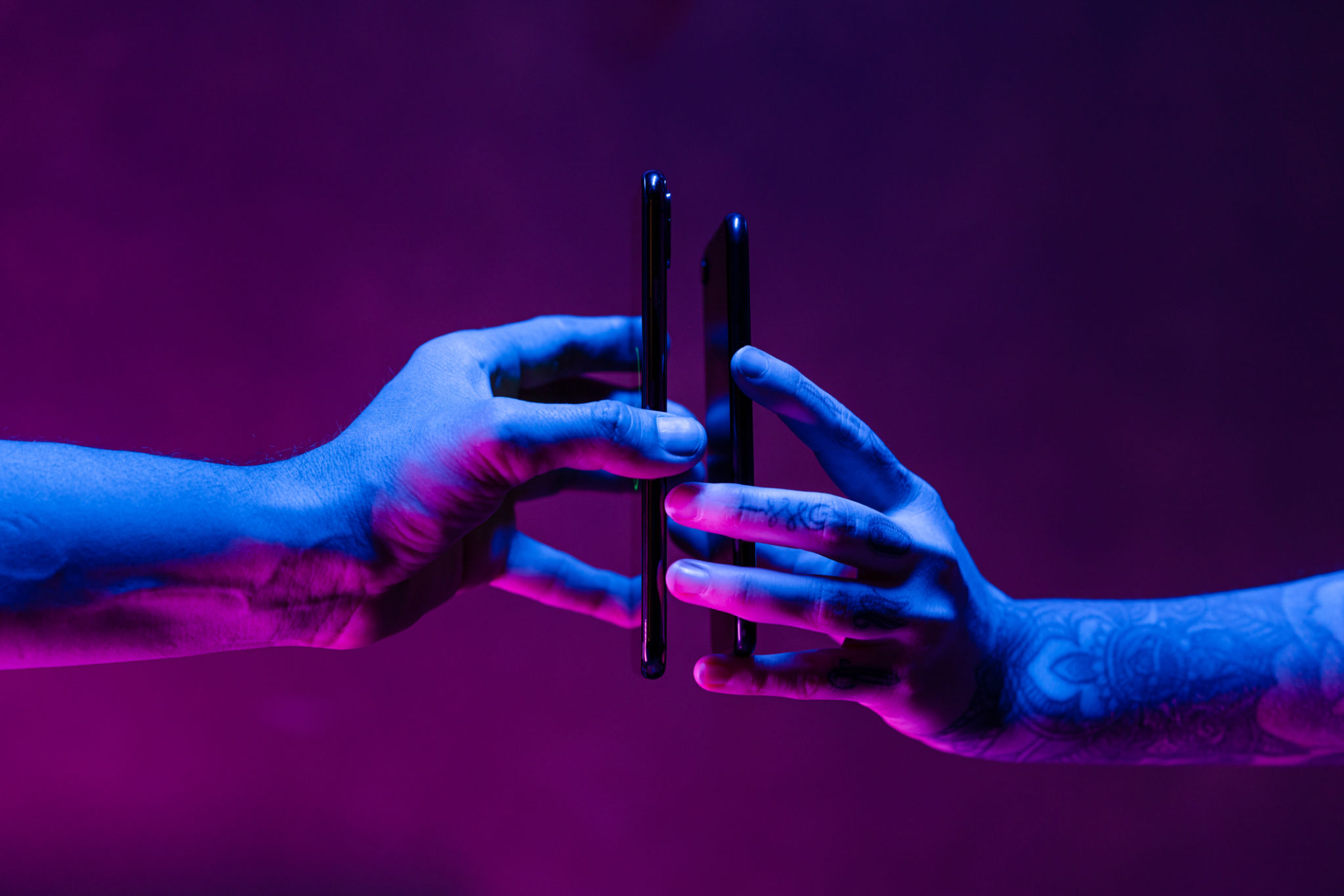The Transformative Power of Photography in Therapy
The Role of Photography in Modern Therapy
In recent years, the therapeutic landscape has evolved to include a variety of creative modalities, and photography has emerged as a powerful tool in this arena. Photography in therapy offers individuals a unique way to express emotions, process experiences, and foster personal growth. By capturing images, people can communicate complex feelings that might be difficult to articulate through words alone.
Photography provides a visual language that can be therapeutic in its own right. It allows individuals to explore their inner world and external environment, offering a medium through which they can reflect on their lives. This reflective process can lead to greater self-awareness and understanding, which are crucial components of emotional healing.

Exploring Emotions Through Imagery
One of the most significant benefits of using photography in therapy is its ability to help individuals explore and understand their emotions. By capturing images that resonate with them, people can delve into their feelings and uncover underlying issues that may be affecting their mental health. This process can be particularly beneficial for those who find it challenging to express themselves verbally.
Therapists often guide clients in selecting or taking photographs that evoke specific emotions or memories. This exercise can reveal patterns and themes in a person's life, offering insights into their emotional state and experiences. It can also serve as a starting point for further discussion and exploration within therapy sessions.
Encouraging Mindfulness and Presence
Photography encourages mindfulness by prompting individuals to be present in the moment. The act of taking photographs requires focus and attention to detail, allowing individuals to slow down and appreciate the world around them. This mindfulness aspect can be incredibly grounding, helping individuals manage stress and anxiety.
By engaging with photography, people can develop a deeper appreciation for their surroundings and cultivate gratitude for the beauty in everyday life. This practice can enhance overall well-being and contribute to a more positive outlook.

Building Self-Esteem and Confidence
Another transformative aspect of photography in therapy is its potential to build self-esteem and confidence. Taking photographs allows individuals to see the world from their unique perspective, fostering a sense of ownership and pride in their creativity. Sharing these images with others can further bolster confidence, as it provides an opportunity for validation and connection.
For some, engaging with photography can lead to discovering new skills or passions, which can enhance self-worth and personal growth. This newfound confidence can have a ripple effect, positively impacting various areas of life.
Fostering Connection and Communication
Photography can also serve as a bridge for connection and communication. By sharing images with others, individuals can open up dialogues about personal experiences, emotions, and perspectives. This exchange can deepen relationships and foster empathy and understanding among friends, family, or therapy groups.

In group therapy settings, photography projects can encourage collaboration and mutual support. Participants may gain new insights from seeing how others interpret the world through a lens, leading to enriched discussions and shared healing experiences.
The Future of Photography in Therapy
As technology continues to advance, so too does the potential for photography in therapy. Digital tools and platforms enable easier sharing and editing of images, expanding the possibilities for therapeutic use. Virtual reality and augmented reality technologies may also offer innovative ways to integrate photography into therapeutic practices.
The transformative power of photography in therapy is evident in its ability to facilitate healing, self-discovery, and connection. As more therapists recognize its benefits, photography is likely to become an increasingly popular tool in mental health practices worldwide.
